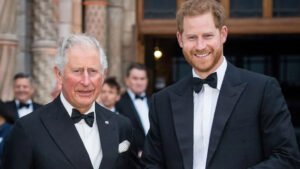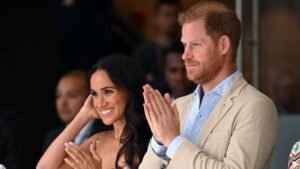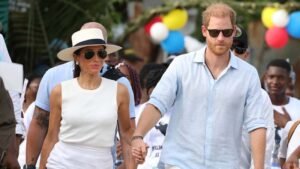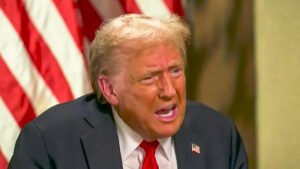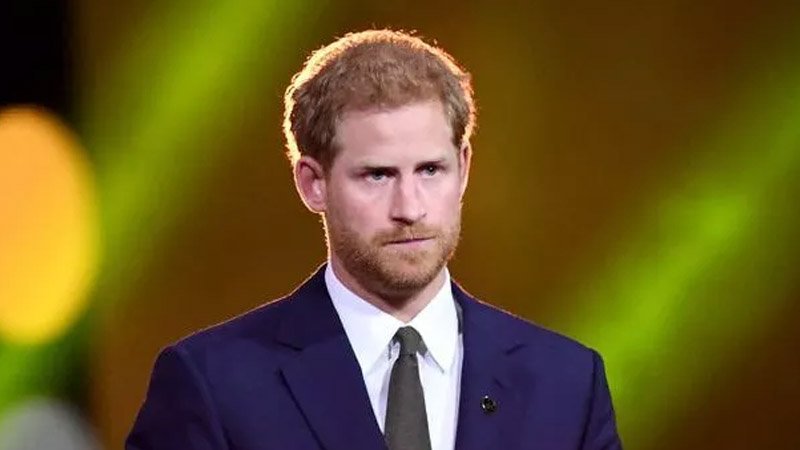
( Image: Getty Images)
Prince Harry has been using his security concerns to control the narrative surrounding his visits to the U.K., according to a royal editor. Nathan Kay, the weekend royal editor for The Daily Mail, has suggested that Harry’s security issues have become a way for the Duke of Sussex to justify his absence from the U.K. and to maintain a sense of importance after stepping back from his royal duties.
Despite an ongoing legal battle with the Home Office over his request for a taxpayer-funded security detail, Harry recently made two unannounced trips to the U.K. The first was to attend a memorial service for his uncle, Lord Robert Fellowes, where he unexpectedly came face-to-face with his brother, Prince William. The second visit occurred when his father, King Charles, was diagnosed with cancer. Both trips were made with less than a day’s notice, raising questions about Harry’s genuine concerns regarding his safety.
Kay pointed out the apparent contradiction in Harry’s actions, stating, “The Duke’s reluctance to sometimes comply with the 28-day notice requirement, which would allow the Home Office to arrange appropriate security, shows that he is willing to come to the UK on a whim with the protection that’s provided, or not provided, at the time.” This observation suggests that Harry is selective about when he invokes his security concerns, using them strategically to manage public perception and his relationship with the royal family.
The royal editor also argued that these security concerns have served as a “convenient excuse” for Harry to explain his sporadic presence in the U.K. since stepping down from royal duties in 2020. By emphasizing the risks he faces without adequate protection, Harry has been able to create a narrative that positions him as a figure still in need of high-level security, despite no longer being a working royal.
This perspective adds another layer to the ongoing debate about Harry’s role within the royal family and the true motivations behind his actions. As he continues to navigate his new life outside the monarchy, his decisions, especially those related to security, are scrutinized not only for their practical implications but also for what they reveal about his attempts to maintain influence and control over his public image.
